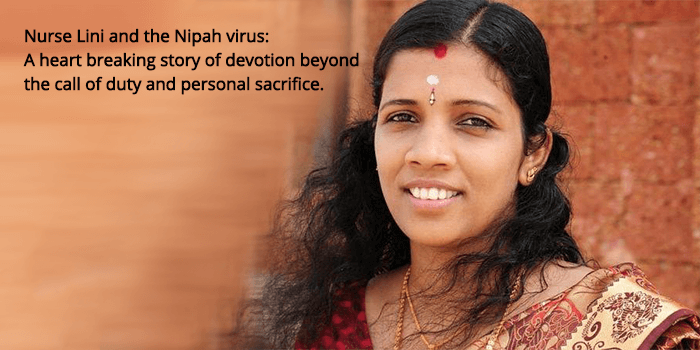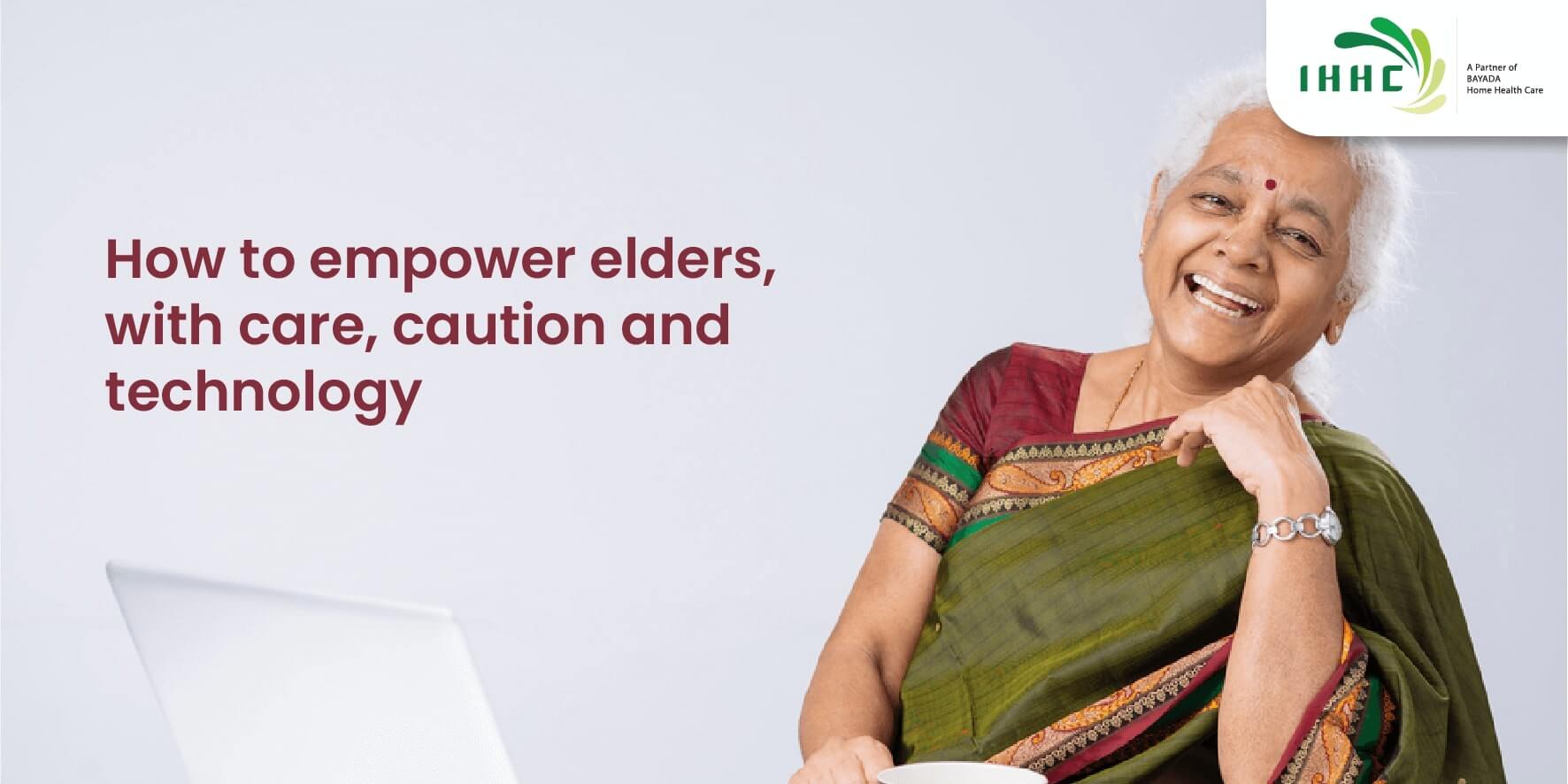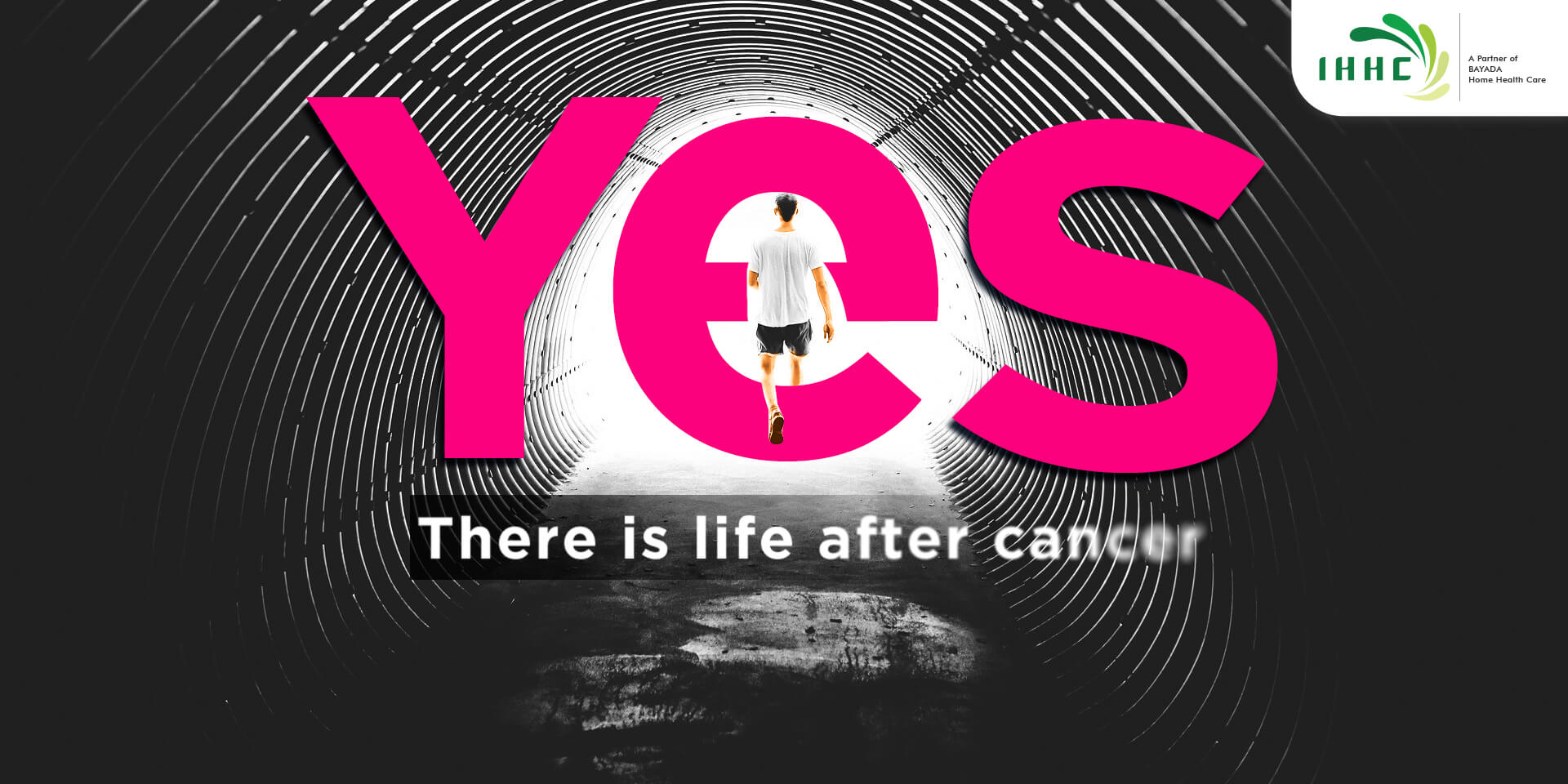Is there a need for home healthcare in India?
Somehow, when we hear of death on a large scale it doesn’t impact us as much as being able to put one name and one face to a humanitarian crisis.
Thousands died in Europe from the Black Death. Again and again. Yet, no single name is in any of the records to give this recurring tragedy a human face.
Millions died of the Spanish Flu in the early 20th century…
Earthquakes, volcanoes and tidal waves sweep away hordes of people…
Ebola and other esoteric diseases cause death and disaster around the world. As do terrorist attacks…but, unless one name, one individual, one tragic story is highlighted – to most of us it’s just numbers. Devastating tragedy but without the human touch.
Till, the horrendous effects of any disaster on one person is brought to light. As in the case of Nurse Lini and her death from the virulent Nipah virus.
A sacrifice well beyond the call of duty.
Not for nothing are nurses called the ‘heartbeat of the healthcare system” and “angels of mercy”. Nurses put their lives at risk and walk that extra mile almost on a daily basis. And that’s what Nurse Lini did and she paid a high price for it – of never seeing her husband again and not watching her children grow up to happy, healthy adulthood.
28-year-old Lini Puthussery, a nursing assistant with the Perambra Taluk Hospital in Kozhikode, got exposed to the 'deadly' virus while treating affected patients. A heartrending and emotional note addressed to her husband Sajeesh, minutes before she died, has gone viral on social media, leaving everyone teary-eyed.
In the letter to Sajeesh, Lini expressed her pain and anguish at not being able to see him or her children again. She requested her husband to take care of their children… 'I am almost on the way. I do not think I can meet you. You should look after our children well,' she had said. Besides her husband, who works in Bahrain, Lini leaves behind two sons aged five and two.
Kerala Chief Minister Pinarayi Vijayan went on social media to mourn Lini’s passing. 'The loss of Lini, who had sacrificed her life for nursing a patient, is a grief for all of us. Lini's sacrifice is incomparable. It is painful that Lini met with this tragedy while she was sincerely doing her duty. We, the people of the state, share the pain and loss of Lini's family, friends and colleagues,' Vijayan wrote. Till date, the Nipah virus has claimed 10 lives in Kozhikode and Malappuram districts in north Kerala while the condition of two people undergoing treatment is said to be critical.
What is the Nipah virus? How and why do we die from it?
“The current outbreak of Nipah in India, the government of which is one of CEPI’s founders, demonstrates that this is a deadly pathogen that has already travelled thousands of kilometres, (and) has serious epidemic potential and the ability to surprise us,” Richard Hatchett, CEO of the Coalition for Epidemic Preparedness Innovations (CEPI), said in a statement.
The natural host of the Nipah virus (NiV) virus are fruit bats of the Pteropodidae family, Pteropus genus. This virus is spread through contact with the saliva, urine, or excreta of fruit bats, found all over south and southeast Asia. The first outbreak of this deadly disease occurred in a Malaysian village in 1999, leading to over 100 deaths, including those of many farmers who had contracted it through their pigs. There is no vaccination for the virus which has a mortality rate of 70 per cent.
Since the first epidemic, outbreaks have occurred almost every year in Bangladesh, and twice in West Bengal. Over the years doctors have discovered that the virus can be spread amongst humans via contact with infected patients. Between 1998 and 2015, over 600 cases have been recorded in total, according to the WHO.




